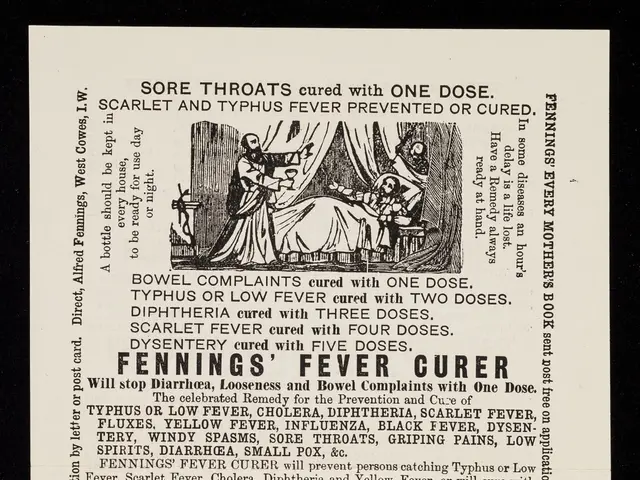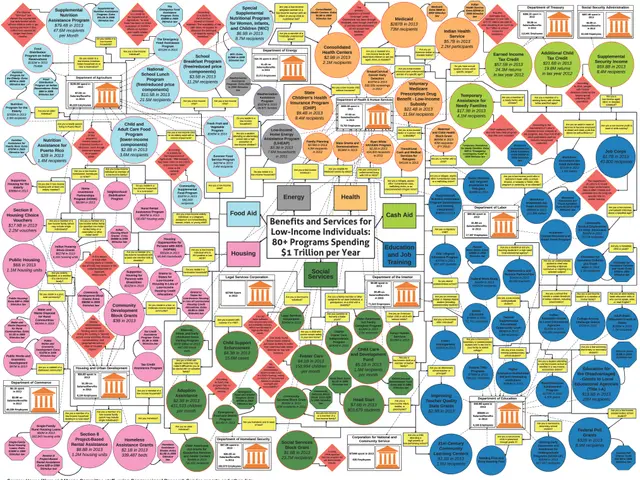The rapid advancement in beauty technology is accelerating for several reasons
In the ever-evolving world of cosmetics, artificial intelligence (AI) is making a significant impact. Big brands are embracing gender-neutral products, recruiting male ambassadors, and launching gender-neutral cosmetics lines, signalling a shift towards inclusivity in the beauty industry.
This inclusivity is particularly evident in the growing focus on the Latinx market. With 45% of US-born Latinx females under 18, the industry is investing heavily to cater to this diverse and expanding demographic. However, the complex dynamics of culture and heritage are important considerations for beauty brands targeting the Latinx market to avoid alienation.
The beauty industry is also eyeing the future, with a keen interest in Generation Alpha, the post-millennial demographic. This generation will not draw clear distinctions between the digital and the physical world, making AI an integral part of their beauty routine.
AI is not just a buzzword; it's driving the growth of skin care apps and devices. These innovative tools can assess, monitor, and evaluate people's skin, providing unique recommendations and treatments based on individual needs. Some of the best AI-driven cosmetic products gaining attention include L'Oréal's "Beauty Genius" AI assistant, Inference Beauty's AI Face & Hair Scanning technology, and Cetaphil's MySkin AI tool.
But AI in the beauty industry isn't just about convenience and innovation. It's also about catering to the needs of the mature beauty market, a demographic that is both lucrative and fragile. Older women are demanding effective and personalized products, and brands are responding by integrating AI and big data into their research and development strategy.
One such example is Provital, a company that developed WonderageTM, a beauty product aimed at the mature beauty market (women over 60), using AI technology to quantify emotional responses to the product's effects. Provital also used natural ingredients to support the efficacy and feelings of well-being of their product.
The market for beauty tech is predicted to surpass $34 billion by 2024, reflecting the growing acceptance of AI in the beauty industry, a trend known as Beyond Human. This acceptance is also driven by the growing demand for a personalized customer experience, with 77% of consumers choosing or paying more for a brand that provides a personalized experience, according to Forrester.
In conclusion, the beauty industry is undergoing a digital transformation, with AI and big data playing increasingly significant roles. From gender-neutral cosmetics to personalized skincare routines for the mature market, AI is revolutionizing the beauty industry, making it more inclusive, effective, and personalized than ever before.
Read also:
- Peptide YY (PYY): Exploring its Role in Appetite Suppression, Intestinal Health, and Cognitive Links
- Toddler Health: Rotavirus Signs, Origins, and Potential Complications
- Digestive issues and heart discomfort: Root causes and associated health conditions
- House Infernos: Deadly Hazards Surpassing the Flames








